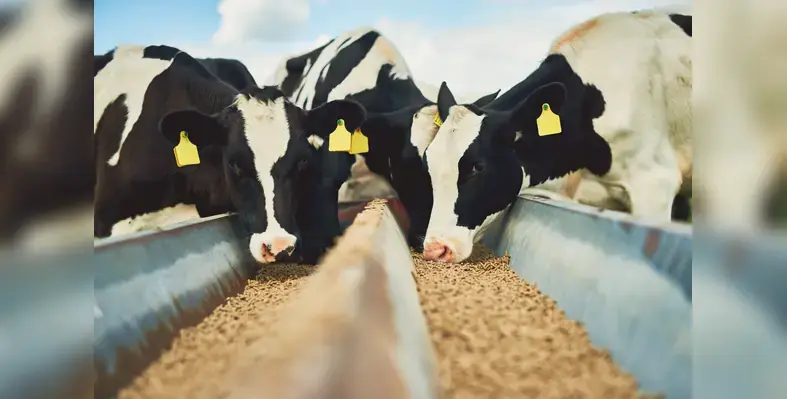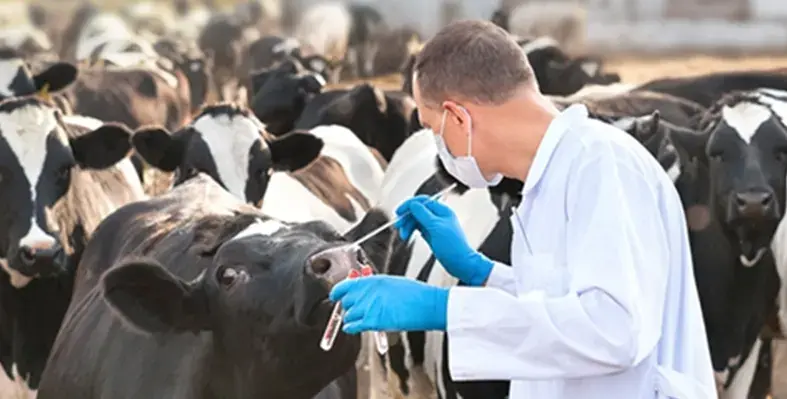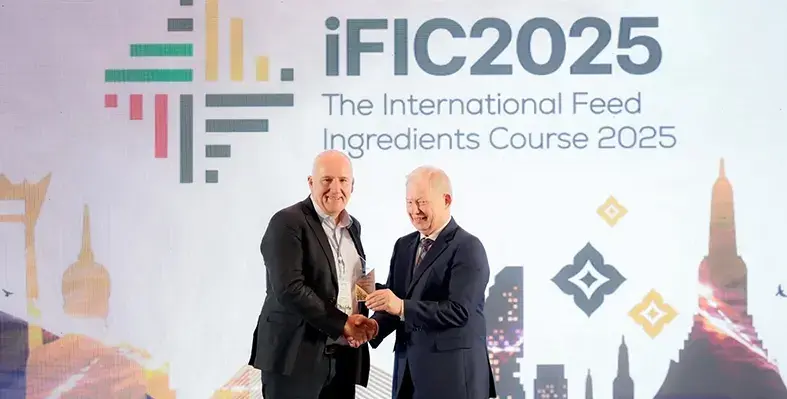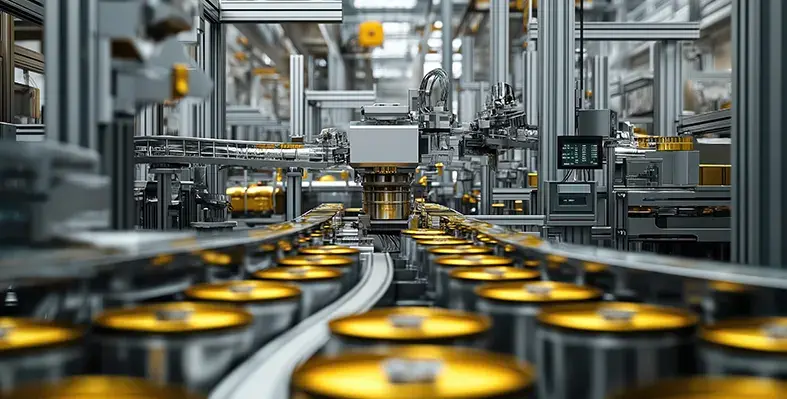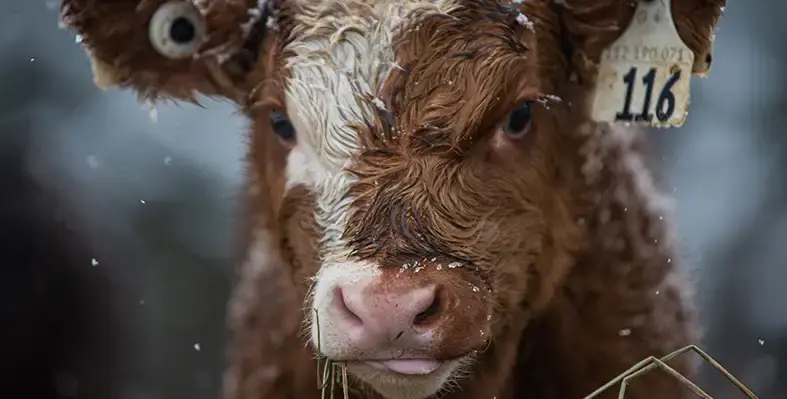Indonesia has increased its efforts to strengthen domestic milk production by importing 1,383 additional dairy cows from Australia, according to agriculture officials.
The move forms part of a long term plan valued at US$3 bn aimed at dramatically expanding the country’s dairy sector and reducing reliance on imports.
The initiative focuses on encouraging small scale farmers to become key contributors to national milk output. Officials hope the strategy will help Indonesia quadruple its current production capacity while supporting rural livelihoods and improving food security.
Facing budget constraints, the government has taken an unconventional approach by urging private companies to finance livestock purchases. This policy has sparked debate within the business community, particularly as Indonesia continues to balance economic growth with investor confidence.
Agung Suganda, the ministry's director general of livestock and animal health, said,"These cattle are not only an addition to the population. They are a strategic investment to strengthen the foundation of national milk production from smallholder farms."
The dairy expansion programme plays a central role in Indonesia’s free meals scheme, which aims to provide nutrition to 83 million children and expectant mothers. To meet rising demand, the plan calls for the import of one million dairy cows over five years, a significant increase from the current population of around 220,000.
The agriculture ministry explained that the cattle imports involve joint shipments and breeding partnerships between cooperatives and farmers. Since last year, this collaborative model has been designed to ensure that milk produced by smallholders feeds directly into the processing industry, offering stability and predictable supply.
The latest shipment arrived at the port city of Cilacap in Central Java and is now undergoing strict health protocols. "To ensure safety, a 14-day quarantine period will be ... followed by sample collection to detect diseases such as lumpy skin disease and foot-and-mouth disease," said Hendra Wibawa, an animal health official at the ministry.
Private firm Lunar Chemplast imported 1,094 cows, while Mazaraat Lokanatura Indonesia purchased the remaining animals. The ministry also revealed that Indonesia imported 33,955 cows in 2025, with 13,544 designated for dairy production and the rest for beef.
The government believes the programme will reshape Indonesia’s dairy industry and strengthen long term food resilience.



